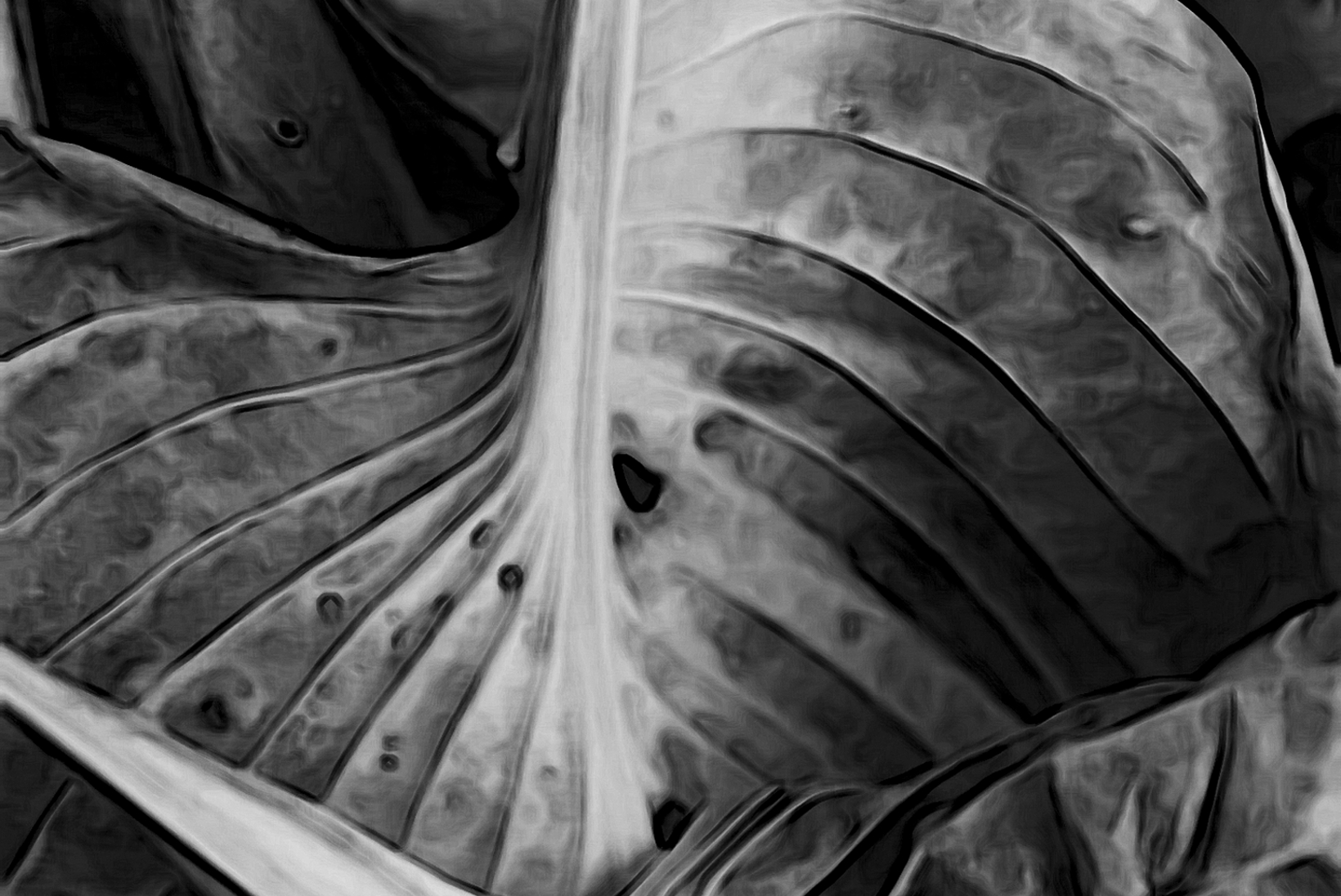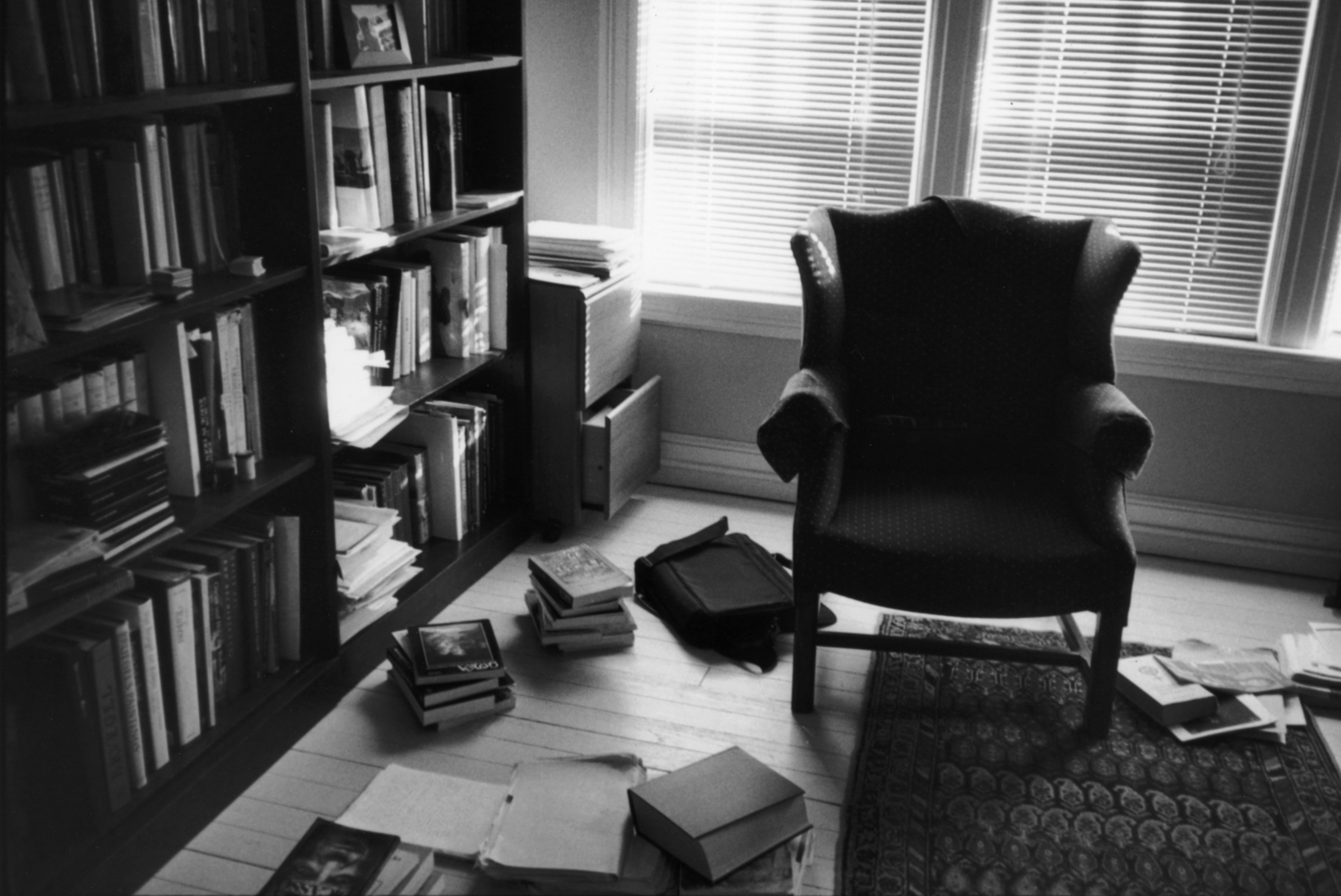Featured Selections
From the Archives
To Raze A Village
The Modernization Of A Thousand-Year-Old Culture
Ladakh is a high-altitude desert on the Tibetan Plateau in northernmost India. To all outward appearances, it is a wild and inhospitable place. In summer the land is parched and dry; in winter it is frozen solid by fierce, unrelenting cold.
February 1997The Sincerest Form Of Flattery
Janine Benyus On The Virtues Of Imitating Nature
Our mission, in both our business and our nonprofit, is to increase respect for the natural world. Creating more-sustainable products and processes is just an extension of that. To learn from nature, you have to become involved with what Wes Jackson calls the “deep conversation.” To learn how to take carbohydrates and water and turn them into a fiber as strong as steel, as a spider does, you go to a spider and respectfully ask, “How are you doing that?” Then you go and try to do it yourself. And when you fail — it’s very hard to do! — you go back to the organism and ask again.
September 2009In A Broken World
Scott Russell Sanders On Resisting Despair
When I feel so much grief over the woundedness and brokenness of the world that I lose the power or the desire to go on, I turn to members of my family for consolation. Another thing that moves me out of a state of grief is beauty, in all its forms: in nature, in the face of someone you love, in music, in language, in scientific formulas, and in images of remote constellations beamed down from the Hubble space telescope. Beauty reminds me that all the grief, all the loss, all the sadness that is terribly meaningful to me, personally, is just a dust mote in the grand scheme of things. It’s tiny, ephemeral.
February 2000March 1978
An American Dream
Nothing shocks us anymore. The line between social truth and social fiction has been erased (from the Warren Commission to Watergate we have been asked to disbelieve our eyes and ears) and we are in the curious no-man’s-land of the artist, the madman and the saint. There is no consensus reality; there never was.
March 1978Brewing Up Trouble
Chip Berlet On The Tea Party And The Rise Of Right-Wing Populism
I don’t want to alarm people. Right-wing populist movements seldom become fascist, and fascist movements seldom take power. But when you build a major social movement around scapegoating and resentment, things can move quickly in a bad direction.
November 2010Computing The Cost
Nicholas Carr On How The Internet Is Rewiring Our Brains
As we increasingly connect with the world through computer screens, we’re removing ourselves from direct sensory contact with nature. In other words, we’re learning to substitute symbols of reality for reality itself. I think that’s particularly true for children who’ve grown up surrounded by screens from a young age. You could argue that this isn’t necessarily something new, that it’s just a continuation of what we saw with other electronic media like radio or TV. But I do think it’s an amplification of those trends.
March 2009Us And Them
Time was when I knew the racists were the lunch-counter owners who refused to serve blacks, the warmongers were the generals who planned wars and ordered the killing of innocent people, and the polluters were the industrialists whose factories fouled the air, water, and land. I was a good guy, boycotting, marching, and sitting-in to protest the actions of the bad guys.
November 1994Urban Renewal
The Resurrection Of An Ex-Gang Member — An Interview With Luis Rodríguez
Someone once pointed out to me that the word respect comes from the latin respectus, which means “to see again.” It’s a beautiful concept. We have to see each other again. We have to see the gang member again, and the poor farmer, too. As we see them again, we find they’re not that different from us, that a thread connects us all: the Indian on the reservation and the immigrant just arriving on these shores; the middle-class kid in the suburbs and the gang member in the inner city. The more we look, the thicker that thread becomes. Sometimes it may be invisible, but it’s there. We’ve got to make it more visible. There is no such thing as a separate reality. What we do here affects people over there.
April 2000Land Of The Free?
Tram Nguyen On The Backlash Against Immigrants In Post-9/11 America
Really, unless you’re from one of the targeted immigrant communities, you have no idea what’s going on there. Streets are empty. Stores and businesses are closed because people have been detained or deported, or their customers have disappeared, or residents are just afraid to go out. These used to be bustling, vibrant neighborhoods, but if you don’t live there or have reason to visit, you would never know the impact homeland-security policies have had. In the two months following September 11, more than twelve hundred Muslim, Arab, and South Asian men were rounded up for indefinite detention. Then, starting in September 2002, there was “special registration,” where noncitizen males from Islamic countries were required to register with the INS.
July 2007Crossing Borders
An Interview With Richard Rodriguez
My grandmother always told me that I was hers, that I was Mexican. That was her role. It was not my teacher’s role to tell me I was Mexican. It was my teacher’s role to tell me I was an American. The notion that you go to a public institution in order to learn private information about yourself is absurd. We used to understand that when students went to universities, they would become cosmopolitan. They were leaving their neighborhoods. Now we have this idea that, not only do you go to first grade to learn your family’s language, but you go to a university to learn about the person you were before you left home. So, rather than becoming multicultural, rather than becoming a person of several languages, rather than becoming confident in your knowledge of the world, you become just the opposite. You end up in college having to apologize for the fact that you no longer speak your native language.
August 1997


